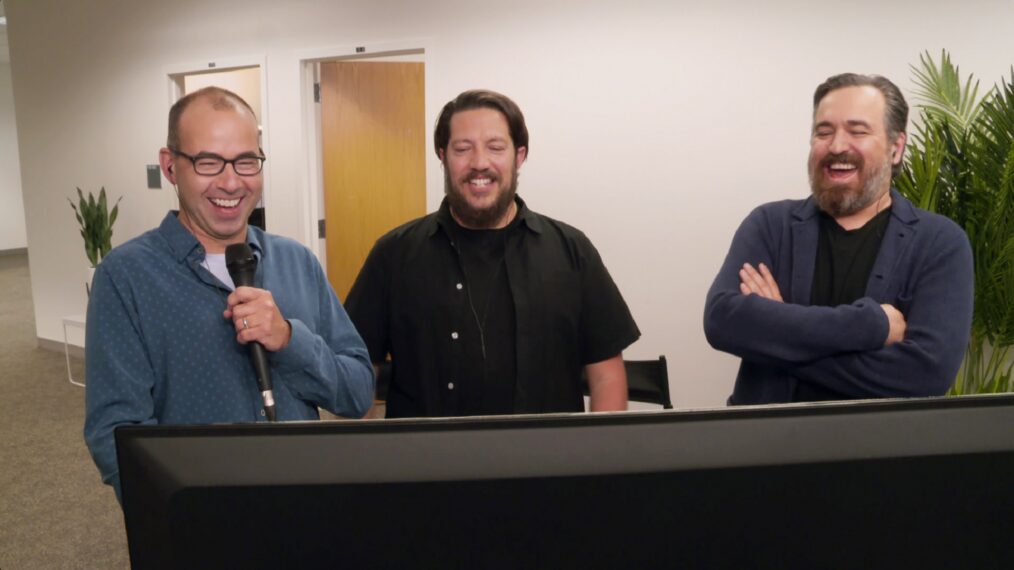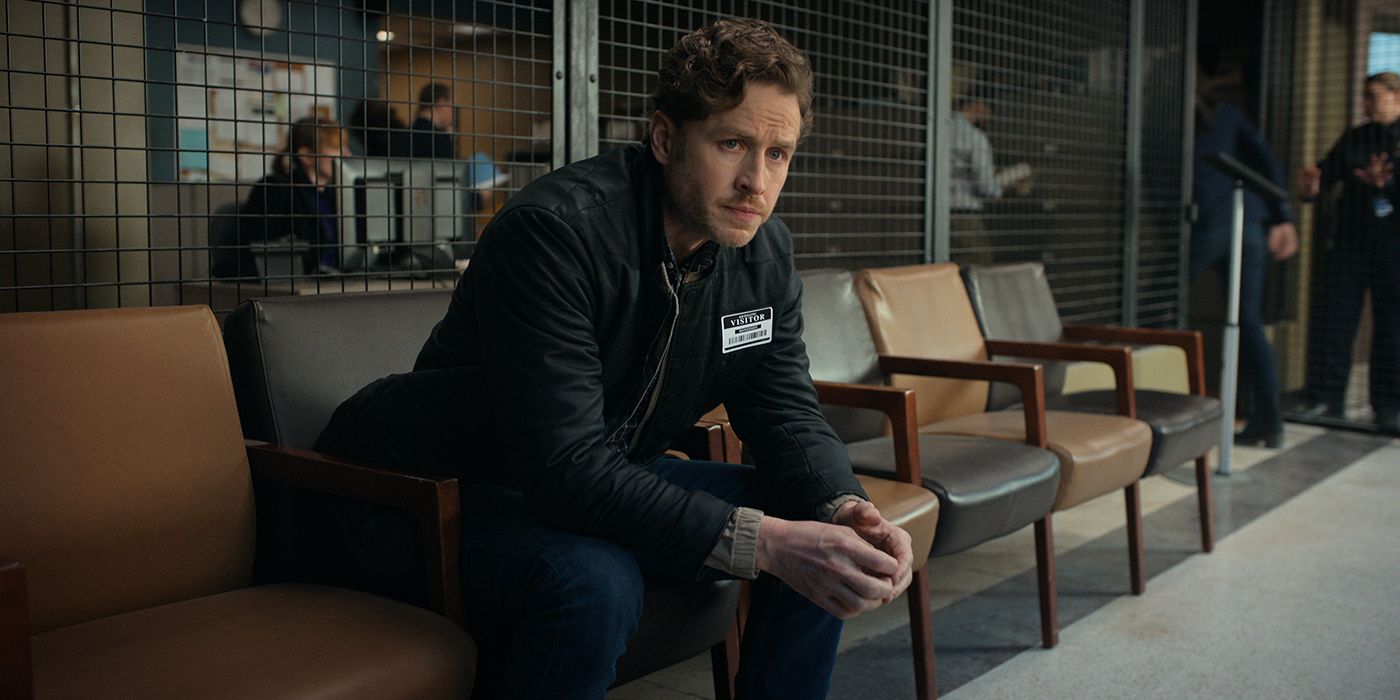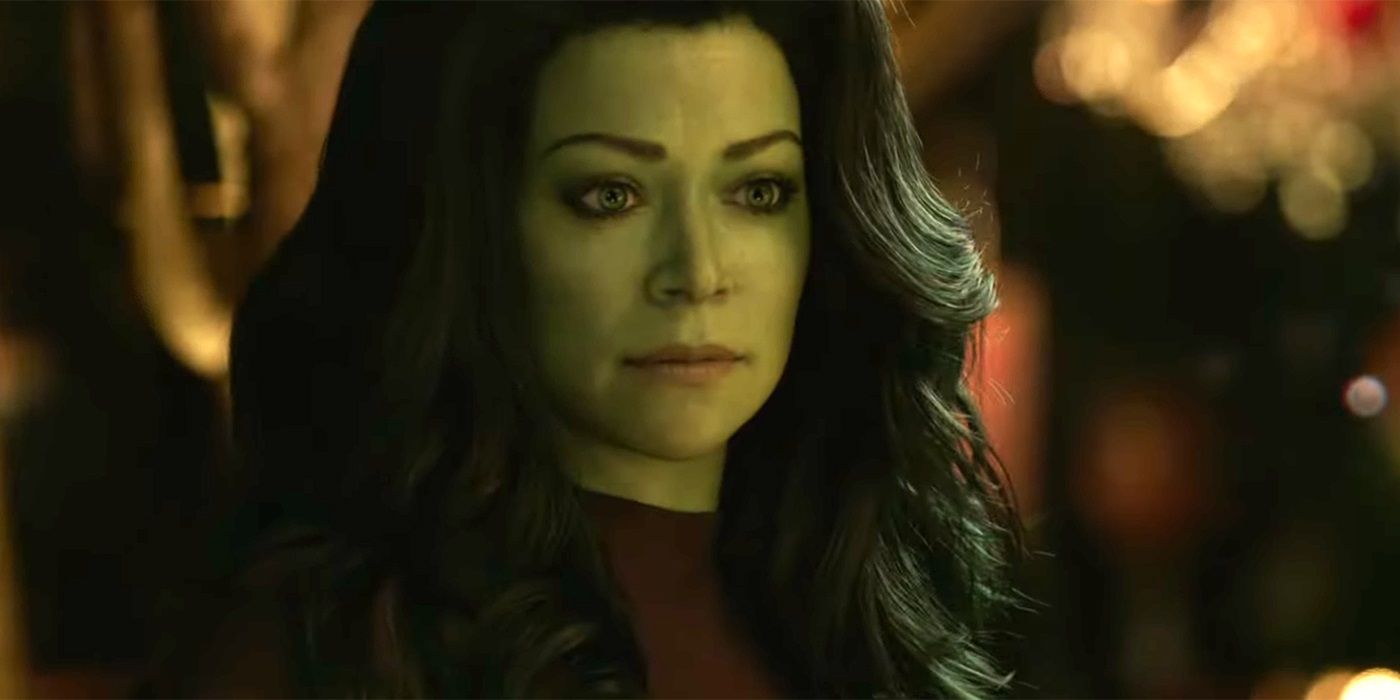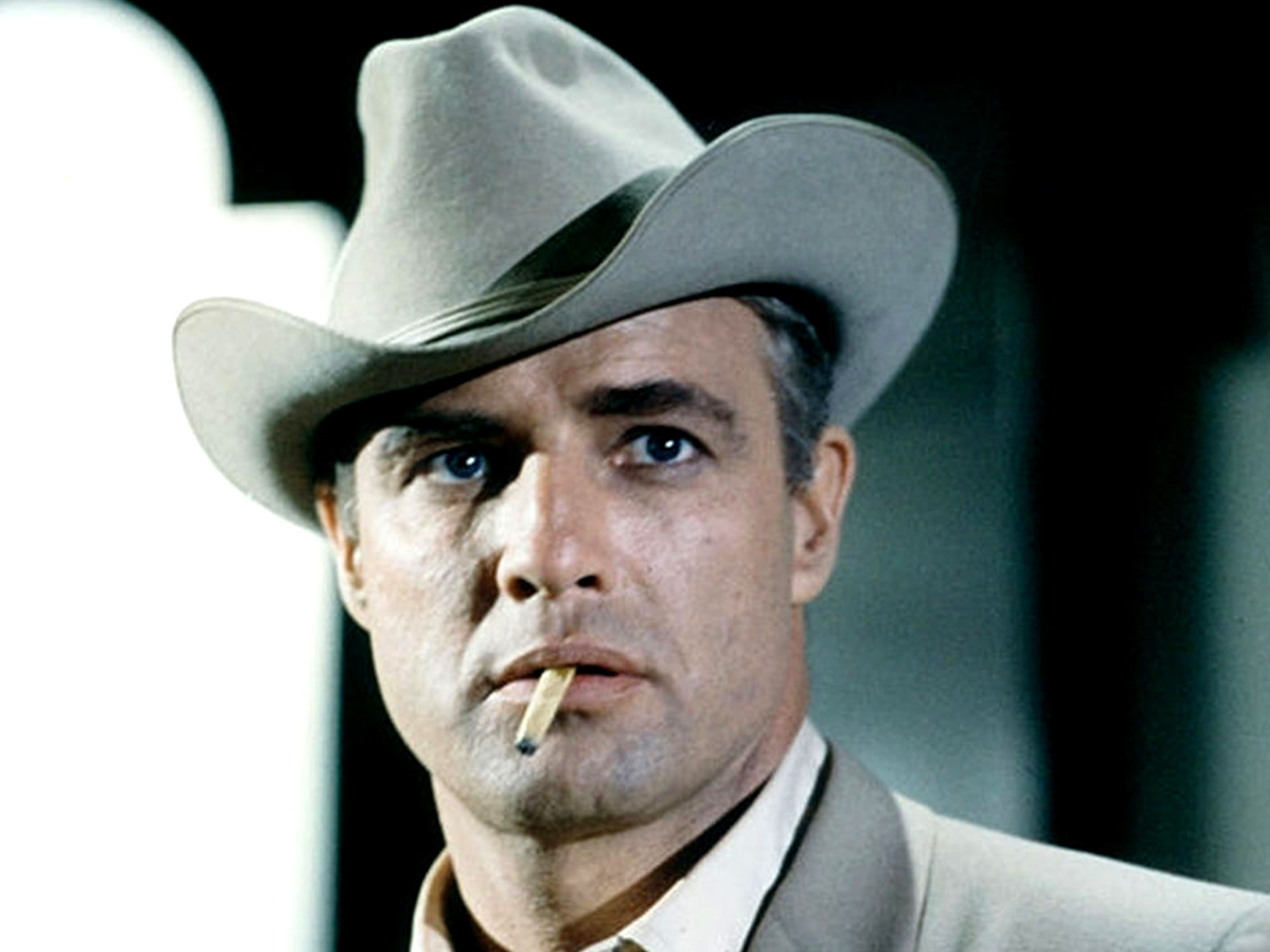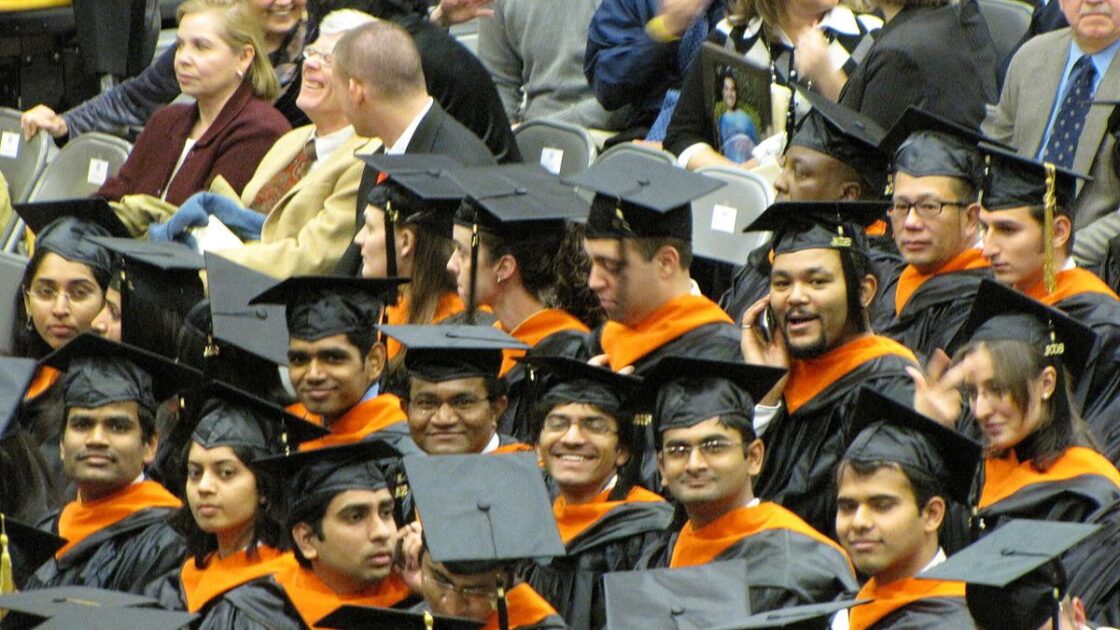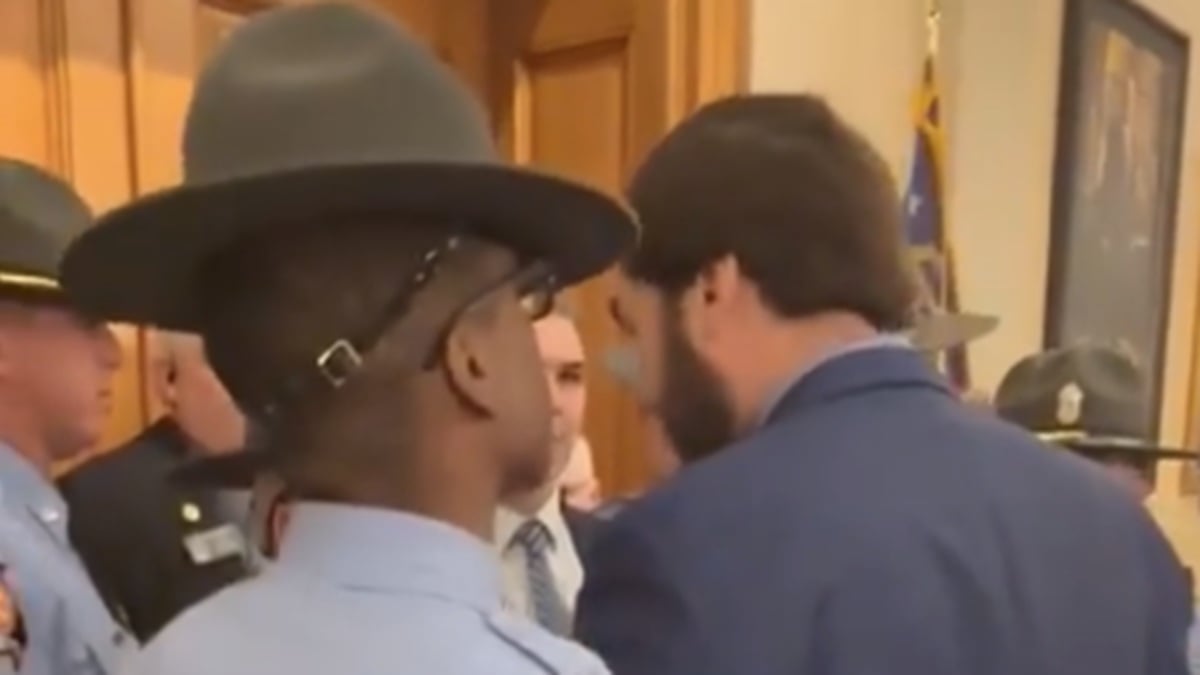There’s a scene in Easy Beauty, one of many in Chloé Cooper Jones’ complex and exceedingly intelligent memoir, that speaks volumes. In it, the author is asked why she doesn’t write about disability. She replies, “As soon as you identify as something, people start telling you who you are and what you mean. They put you in a little box and leave you there.”
Jones is the kind of writer who defies boxes. Formally, she is trained as a philosopher—but her work as a freelance journalist covering everything from culture and film to travel and tennis earned her a Pulitzer Prize in 2020. She was born with a rare congenital condition that causes acute physical pain and manifests visually as a disability—but Jones has not written, until recently, about either chronic pain or disability. Easy Beauty, too, is a memoir impervious to categorization. Disability is one of the things it’s about—but realistically, it is about much more. Jones’ story captures the experience of moving through the world in a body that others struggle to understand; the perspective shifts that accompany parenthood; the rules and limitations we accept from others and internalize for ourselves. The narrative follows Jones into bars and Beyoncé concerts, on international trips and neighborhood walks in Brooklyn. Throughout, it delivers the story of a woman interested in interrogating herself and, by extension, everyone and everything else.
Chloé Cooper Jones and I connected via Zoom to talk about beauty, transformation, and the art of being fully present—all timeless topics covered thoughtfully in Easy Beauty.
Wynter K Miller: One of the theses underlying Easy Beauty is the belief that proximity to beauty can be transformative for the individual. Assuming that society operates on the same belief—what do you think we’re being transformed into, writ large?
Chloé Cooper Jones: I think that what’s important about this idea that beauty is transformative is that there is a threshold, in a certain sense, in which beauty can be transformative, and in a way that I would associate with positive growth. There’s this operating idea in the book that beauty can give us a chance. And this is not really my idea. It’s Iris Murdoch’s idea, that beauty can give us this chance to escape ourselves, to actually move outside of our ego or our own limited perspective, and that we can use beauty, or the aesthetic experience, or art in general, to step outside of your palace of self-regard, engage in the world, and then to return to yourself further enriched. I think there’s a lot in society that does support that aim, and I think that aim is unbelievably worthwhile and is transformative in the very best sense because it literally lifts us outside of the limits of being just one single person.
I think the other side of the threshold is that too much emphasis on beauty can produce negative results. It can make you value beauty to the exclusion of all else.
WKM: I was thinking about how there are different concepts at play when we talk about “beauty.” There’s proximity to beauty, which is what your book is primarily concerned with, but then there’s also the process of making beauty, making art, and then there’s actually being beautiful. This is probably a reflection of my worldview, but my sense is that the third concept—being beautiful—is possibly counterproductive to transformation. When you’re thinking about beauty as a concept, do you see distinctions between categories of beauty?
CCJ: One thing that gets kind of confused or sort of misrepresented about my book is that it’s really concerned with physical beauty. But it’s not, actually. It’s more interested in seeking out what beauty does in our lives and what the experience of beauty is—how do we recognize it in our lives? What is that feeling that it gives us?
The only way that you make something beautiful is if it triggers that feeling—that rush—in someone else.
I do think that there are so many messages that we absorb on a constant basis that can help us confuse the categories that you’re talking about. There are so many ways in which we can be manipulated into thinking that proximity to beauty can be a substitute for self-worth, or a substitute for self-awareness or some sort of actualization. And I think that to make something very beautiful, or to really work at the creation of beauty, is necessarily a very selfless and outward-focused act, because the only way that you make something beautiful is if it triggers that feeling—that rush—in someone else. And I think that artists who are making beautiful things are constantly in a dialogue with other people’s minds and other things in the world. As a lover of art, I have benefited so much from that.
And then I think there’s this other type of focus on beauty that’s very inward-focused. It’s also like a way of hiding, right? Like we can hide behind this idea that if my hair is the right way, or my weight is the right number, or I appeal to strangers in a specific way, then that shields me from having to become a more complex person.
WKM: I think that captures exactly what I was trying to capture: It shields you from complexity. Like if you have that part taken care of—if you look “right” to external eyes— it can be a kind of escape hatch, maybe, from working on other things.
CCJ: Totally. And I don’t want to sound judgmental, because I’ve done the same thing, but I think sometimes we reach for beautiful objects or turn beautiful people into objects and pull them closer to us to be made—and this is a line in the book—”shiny by proximity.” So, if I surround myself with the right kinds of objects that prompt that external validation, or if I date the best-looking people or my friends are the best-looking people, maybe I can soak up all the validation that I require. And, you know, having a very visual, physical disability sort of forever sets you outside of that, in a way, because it’s very difficult for you to have that sort of shield. But in some ways, that’s been the greatest gift of disability—that that’s not even an option for me. I can’t access that.
WKM: When I’m thinking about the definition of beauty—something you said just now made me think that may be part of the definition, because it’s not just a physical or aesthetic or visual thing—something you said made me think that your definition of beauty would be something like “presence in the present moment.” So, being able to experience time without too much anxiety about the future or inability to move away from the past. Does that strike you as a definition you would use?
CCJ: At the very end of the book, I give my definition of it as sort of being able to look at the dense pile of my life and of reality, which is full of good and bad things and complicated things and trash and happiness, and just sort of ask: Can I see the salient thing? Can I find the most important thing?
I think sometimes we reach for beautiful objects or turn beautiful people into objects and pull them closer to us to be made ‘shiny by proximity.’
And then at the very end of the book, I’m talking about just being able to see the most important thing on a walk home with my son—which is him, which is that moment in the present, really feeling it and being very aware of it, and then, importantly, also letting it go. Because I think that’s the one thing I also really struggle with. When I find something really beautiful, I have a tendency to want to memorialize it and freeze it and then, like, haul it off into my neutral room, into a safe space, and then analyze it from every single angle and break it down and be able to permeate it with all my ideas. And you can’t do that with people and you can’t really do that with anything in life. So, beauty is this sort of duality of both: being present enough to find the salient thing, the beautiful thing, to grasp it, to experience it, and then to let it go. And that’s really what the experience of beauty is.
WKM: If you accept the premise that the experience of beauty can be transformative, could you talk a little bit about whether ugliness can do the same thing? And I’m thinking less about aesthetic ugliness. I’m thinking about things like dark tourism or the horror genre. You have a section of your book where you go to Cambodia because you’re interested in dark tourism, and I’m wondering if fear or tragedy and despair can trigger the same kinds of transformations as beauty can.
CCJ: I think it’s a little bit different, or at least the way that the philosophers that I like talk about it is a little bit different. Aristotle says that the base thing that makes us human is our desire to know. So, we desire to know, even about the darkest cruelties that humans are capable of experiencing. We want to know about death. You know, they made like six Saw movies—why did they make six Saw movies? Because there’s a deep fascination with what cruelties we can endure as human beings. And so Aristotle says that it’s just human nature to want to know the full range of things that can possibly be known. And he says that if you experience or explore these things in art, there’s good things that can come out of that. One is that art is obviously a safer place to explore, right? Like if you’re curious about what it means to experience human cruelty, it’s better to experience that curiosity in the Saw films than to go out and experience them in real life. We don’t want to experience them in real life, but we still want to know about them.
And then Aristotle also thinks that darkness—or whatever we might call ugliness—is a realm of human experience that we are fascinated by and must understand, but that we can sort of purge our emotions, and feel the full force of them by feeling sorry for Oedipus, or feeling fear about what can happen to people in this world. And he writes a lot about how feeling pity and fear can move us to purge our emotions in a really healthy and positive way.
So, in a sense, I think that the experience of beauty can help us expand outward and connect with people. And I think the experience of dark art or tragic art can help us feel a little bit more human.
WKM: Easy Beauty is about so many things—and it’s not primarily a book about disability—but I really appreciated the way it addresses disability and chronic illness, and the simplistic and incorrect assumptions people make about those experiences, like that every person with disability would erase it if they could, and that their life would be objectively better without it.
CCJ: The narrative of my life is people putting limits on me. The most common way that other people relate to me is telling me what I can’t do or making baseline assumptions about my limitations without asking me—it’s just this constant narrative of: We see you as weak, we see you as vulnerable, we see as fragile, we see you as incapable and incompetent, less able. Like that story is just being constantly reflected back to me. So, when I do something really hard, it feels so good. It feels life-affirming in a way that’s not always, like, super mature, right? Because there is this part of me that’s just like, “fuck you, fuck everybody who thought I couldn’t do it.” I think that’s a really relatable thing for a lot of people with disabilities. I’ve talked to people who are just constantly piling on accomplishments because there is this way in which they’re not sure they’ll be seen as a real person unless they’re sort of super able in some other way.
For me, I absolutely throw myself into situations that seem untenable. I do relish being able to take on what other people think I can’t take on, or what they think they can’t take on, because when a disabled person can do the thing that the able-bodied person can’t do, then we’re really in new territory. And there is something about that. That, in a way, is the strongest assertion of myself. But also, because of the body I’m in, that comes with pain. But to not do that would feel like a capitulation to this belief that I can’t do things. So—I keep saying this—on the one hand, my disability is good. And then there’s a threshold where it’s bad, where I’m not authentically looking at what I want, what I really want, how I really want to spend my time, what would really make me happy. I’m not always looking within for those answers. In some ways I’m thinking about my sense of self in relation to the narrative that other people are putting on me.
WKM: You’re direct in the book about chronic physical pain being a part of your experience, and you say that you buy into an idea that you were taught in graduate school, which is that “truth,” whatever that is, cannot be found without the experience of pain. As someone with chronic pain, I find it incredibly tempting to believe that my pain has a purpose, that there’s a reason for it, and that, in fact, without it, I would not be the person that I am. I’m wondering, divorced from theory, what you think the purpose of pain has been in your life, or in life as you’ve observed it? Do you think that it has a purpose?
CCJ: Well, yeah. I mean, that narrative is so tempting, right? It is. I think I go back to this idea of thresholds—like, I have gotten further in life because I’m not afraid of pain and I’m not afraid of hardship. I don’t see difficulty as a negative thing. I see it as just a layer of my every day, constant, lived experience. So, when someone describes doing a difficult thing, like getting a PhD or moving to a different place or traveling around the world or working on a book or whatever, there’s no part of me that reacts in fear. I’m just like, “Yep, that’s just going to be a part of it.” And I think that’s served me very well in life.
But on the other side of the threshold is where pain can become like a myth. And sometimes there are situations in which I cling to my pain—in some ways, I will believe that I can’t live without it. Which means that if I let go of it, or if I try to improve it, I’ll lose something really essential about myself. So, I think the trick is to—and I’m not good at this—to really look at that threshold between the truth of what pain is and what pain can give you. I feel like I can embrace really hard things, and I’m really proud of that. But there is this line in which I sort of hold on to pain as almost a self-righteous thing, of propping myself up or telling myself a story that in some ways allows me to avoid getting better or feeling better. So, it has that dual purpose. Dealing with pain allows you to have a sort of fearlessness about hardship. But then at the same time, it can become a coping mechanism, or a protective way of distancing yourself from things.


















































